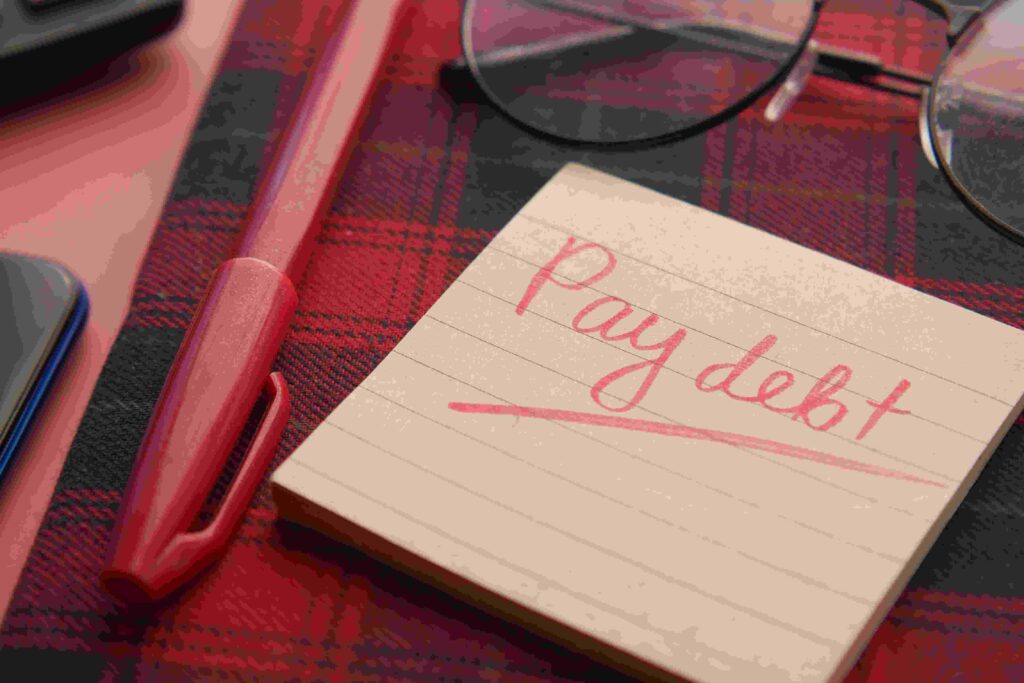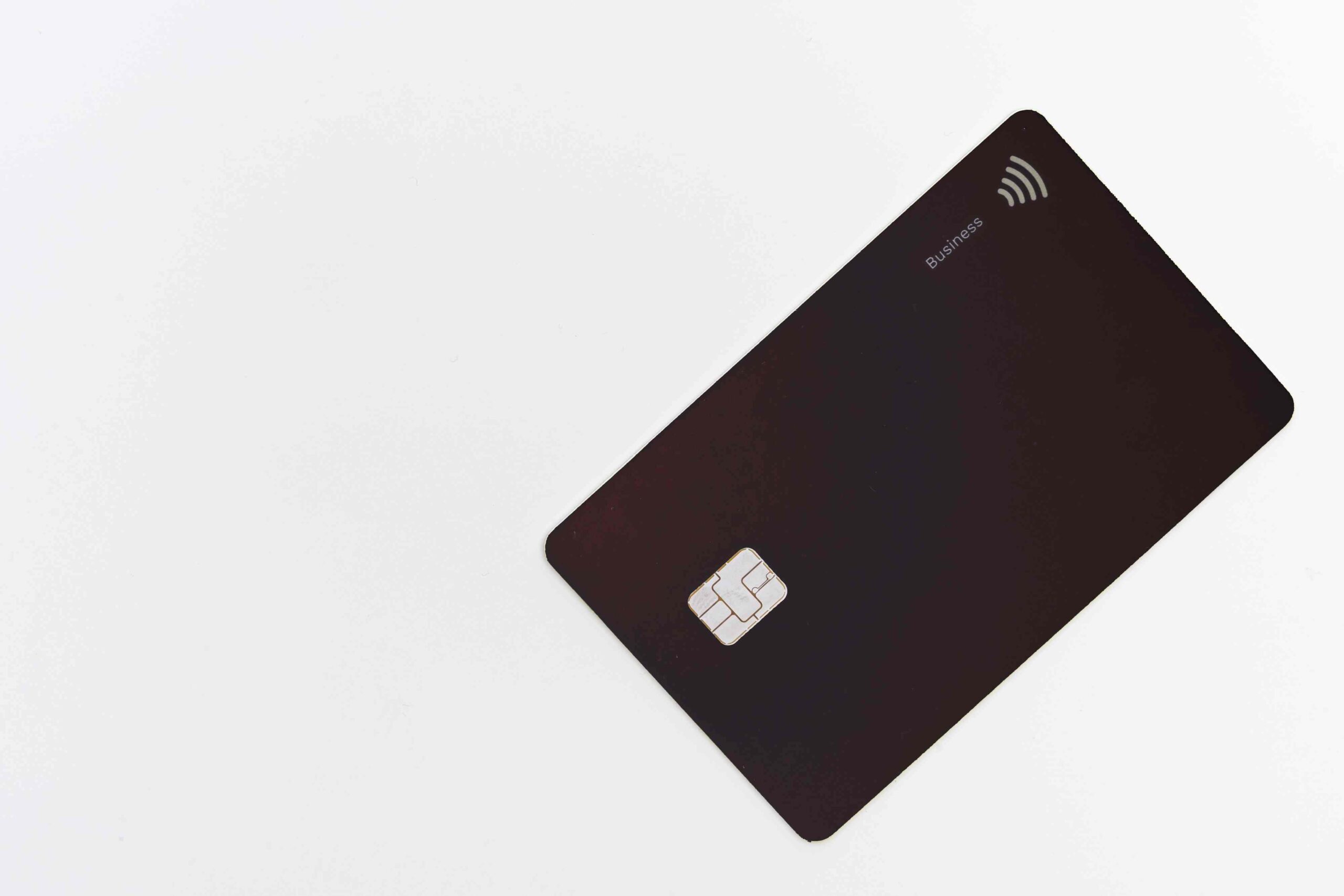If you’re looking to boost your credit score quickly, there are several strategies you can use. In this article, we’ll explore the best methods to increase your credit score fast in 2023.
Introduction to Credit Scores
Defining credit scores
A credit score is a three-digit number that represents your creditworthiness. Credit bureaus, such as TransUnion and Equifax, use a credit-scoring model to generate your credit score.
Importance of credit scores
Your credit score is crucial because it affects your ability to get approved for loans and credit cards. It also impacts the interest rates you’ll pay on those loans and credit cards.
Factors that affect credit Scores
Several factors impact your credit score, including your payment history, credit utilization, the length of your credit history, and the types of credit you have.
Why a good credit score is crucial
Having a good credit score can provide you with financial freedom. You’ll be able to get approved for loans and credit cards with better terms and lower interest rates.
Understanding Your Credit Score
How to access your credit score
You can access your credit score through various means, such as free credit score tools, credit monitoring apps, or credit score tracking services.
What your credit score means
Credit scores range from 300 to 850. Generally, a score of 700 or above is considered good, while a score below 600 is considered poor.
How to interpret your credit report
Your credit report shows your credit history, including your credit accounts and payment history. You can use your credit report to identify factors that are negatively impacting your credit score.
Identifying the Causes of Bad Credit Scores

Late payments
Late payments can negatively impact your credit score, so it’s important to pay your bills on time.
High credit utilization
Credit utilization is the amount of credit you’re using compared to your available credit. High credit utilization can negatively impact your credit score.
Errors on credit reports
Mistakes on your credit report can lower your credit score, so it’s important to check your report regularly and dispute any errors.
Charge-offs and bankruptcies
Charge-offs and bankruptcies can significantly lower your credit score.
Collections and foreclosures
Collections and foreclosures also have a negative impact on your credit score.
Top Strategies to Boost Credit Scores Quickly
Paying bills on time
Set up automatic payments to ensure you pay your bills on time and avoid late fees.
Paying off debt
Paying off debt can significantly improve your credit score, especially if you have high credit utilization.
Disputing errors on credit reports
Disputing errors on your credit report can remove inaccuracies that may be negatively impacting your credit score.
Limiting credit utilization
Keeping your credit utilization low can help boost your credit score.
Credit monitoring and alerts
Using credit monitoring services and alerts can help you identify errors or negative changes to your credit report early on.
Using Credit Score Boosting Services
Consider using credit counseling, debt consolidation, credit repair services, or credit score simulators to help boost your credit score.
Applying for New Credit
Consider applying for credit, such as credit cards, personal loans, auto loans, or mortgage loans, to help improve your credit mix.
Pros and cons of keeping old credit accounts
Keeping your old credit accounts open can help improve the length of your credit history, but it can also lead to more credit utilization if you’re not careful.
Maintaining Healthy Credit Habits
Monitoring credit reports regularly
Check your credit report on a regular basis to ensure accuracy and identify negative changes.
Creating a budget
Creating a budget can help you manage your finances and avoid late payments.
Using credit responsibly
Using credit responsibly means only borrowing what you can afford to pay back and keeping your credit utilization low.
Avoiding credit card debt
Limit your spending and pay off your balance in full each month to avoid accruing credit card debt.
Learning from past financial mistakes
If you have past financial mistakes, learn from them and take steps to improve your financial habits.
Choosing the Right Credit Score Monitoring Tools

Free credit score tools
Free credit score tools can provide you with a basic understanding of your credit score.
Credit monitoring apps
Credit monitoring apps can provide you with alerts and updates about your credit score in real-time.
Credit score tracking services
Credit score tracking services can provide you with more detailed information about your credit score and help you identify negative changes.
Credit score simulators
Credit score simulators can help you see how certain actions, such as paying off debt, can impact your credit score.
Credit score tracking companies
Credit score tracking companies can provide you with personalized advice and help you implement a plan to improve your credit score.
Leveraging Credit Score Benefits
Lower interest rates
With a good credit score, you’ll be able to get approved for loans and credit cards with lower interest rates.
Easier approval for loans and credit cards
Having a good credit score can make it easier to get approved for loans and credit cards.
Better negotiating power
A good credit score can give you better negotiating power when it comes to loan and credit card terms.
Ability to rent an apartment
Landlords often check credit scores when considering rental applications, so having a good credit score can improve your chances of getting approved for an apartment.
Improved job prospects
Some employers may check credit scores when hiring employees, so having a good credit score can improve your job prospects.
Summary of key points

Boosting your credit score requires a combination of strategies, including paying bills on time, disputing errors on your credit report, and limiting credit utilization. Your credit score is crucial because it impacts your ability to get approved for loans and credit cards and affects the interest rates you’ll pay.
Future outlook on credit score improvements
Improving your credit score is an ongoing process, so it’s important to maintain healthy credit habits and regularly monitor your credit report.
Final thoughts on the importance of credit scores
Having a good credit score can provide you with financial freedom and improve your opportunities for loans, credit cards, and even job prospects.
Frequently Asked Questions Increase Credit Score Fast
How long does it take to improve a credit score using these methods?
It can take several months to a year to see significant improvements in your credit score, depending on the methods you use and the severity of your credit issues.
Can credit repair services actually improve my score?
Credit repair services can help identify errors on your credit report and dispute them, which can potentially improve your credit score. However, they cannot guarantee any specific results.
How often should I check my credit report?
It’s recommended to check your credit report at least once a year but monitor it more frequently if you’re actively working to improve your credit score.
Will applying for new credit lower my score?
Applying for new credit will result in a hard inquiry, which can temporarily lower your credit score. However, over time, it can help you diversify your credit mix and improve your credit score.
Can I get a loan with a bad credit score?
While it may be more challenging to get approved for a loan with a bad credit score, there are options available, such as secured loans or peer-to-peer lending. It’s important to note that loans for individuals with bad credit may come with higher interest rates or fees.
